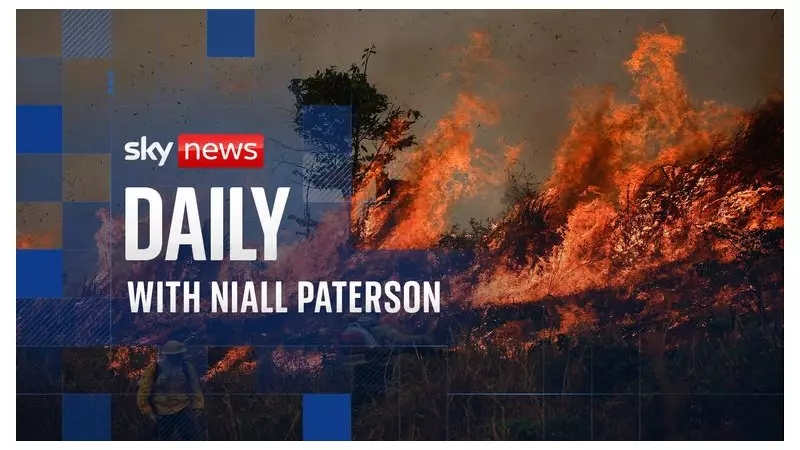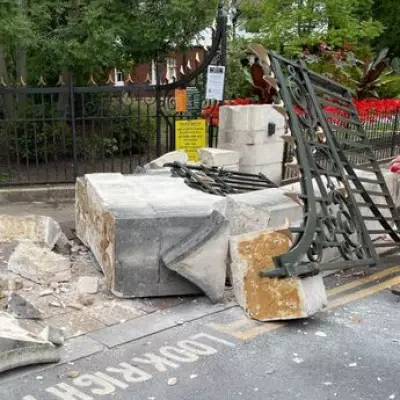
The upcoming COP30 climate conference in Belém, Brazil, is generating both hope and scepticism in equal measure. While environmental advocates celebrate the choice of an Amazonian location for the 2025 UN summit, concerns are mounting about potential corporate influence and Brazil's own environmental track record.
A Symbolic Location with Practical Challenges
Belém's selection as host city places the climate crisis squarely in the heart of the Amazon rainforest - a region on the frontline of environmental destruction. This symbolic choice highlights the critical importance of forest preservation in global climate efforts. However, the city faces significant infrastructure challenges in accommodating the estimated 40,000 delegates expected to attend.
Local campaigners point to the irony of hosting a climate summit in a region that has suffered dramatically from deforestation. "There's a certain poetry to having a climate conference in the Amazon," notes one environmental activist, "but the reality is this region has been sacrificed for economic interests for decades."
The Fossil Fuel Dilemma
Perhaps the most contentious issue surrounds Brazil's continued commitment to fossil fuel exploration. Despite President Lula's environmental pledges, his administration has faced criticism for maintaining oil and gas projects, including controversial offshore drilling near the Amazon River mouth.
This creates an awkward backdrop for a climate summit intended to accelerate the transition away from fossil fuels. As one policy expert observes: "How can Brazil credibly lead climate talks while simultaneously expanding its fossil fuel industry?"
Corporate Influence Under Scrutiny
The role of major polluters at climate conferences remains a flashpoint for controversy. Previous COP summits have seen heavy participation from fossil fuel representatives, leading to accusations that these events have been co-opted by the very industries driving climate change.
With Brazil's state-controlled oil company Petrobras likely to play a significant role in COP30 preparations, campaigners worry that corporate interests may dilute the summit's ambition. There are calls for stricter rules on fossil fuel lobbyists' access to negotiations.
Key Questions Facing COP30
- Can Brazil balance its economic interests with credible climate leadership?
- Will the Amazon location translate into concrete forest protection measures?
- How can the UN prevent corporate capture of the negotiation process?
- Does hosting the conference commit Brazil to more ambitious climate targets?
A Test of International Climate Resolve
The Belém summit comes at a critical juncture for global climate efforts. With emissions continuing to rise and climate impacts intensifying worldwide, COP30 represents a crucial opportunity to accelerate action.
However, the conference also serves as a test of whether the UN climate process can maintain its credibility amid growing corporate influence and host countries with conflicting energy policies. The world will be watching to see if Brazil can deliver a summit that produces meaningful results rather than becoming another forum for empty promises.
As preparations intensify over the coming months, the tension between environmental necessity and political reality will likely define whether COP30 becomes a turning point or merely another chapter in the slow struggle against climate change.





